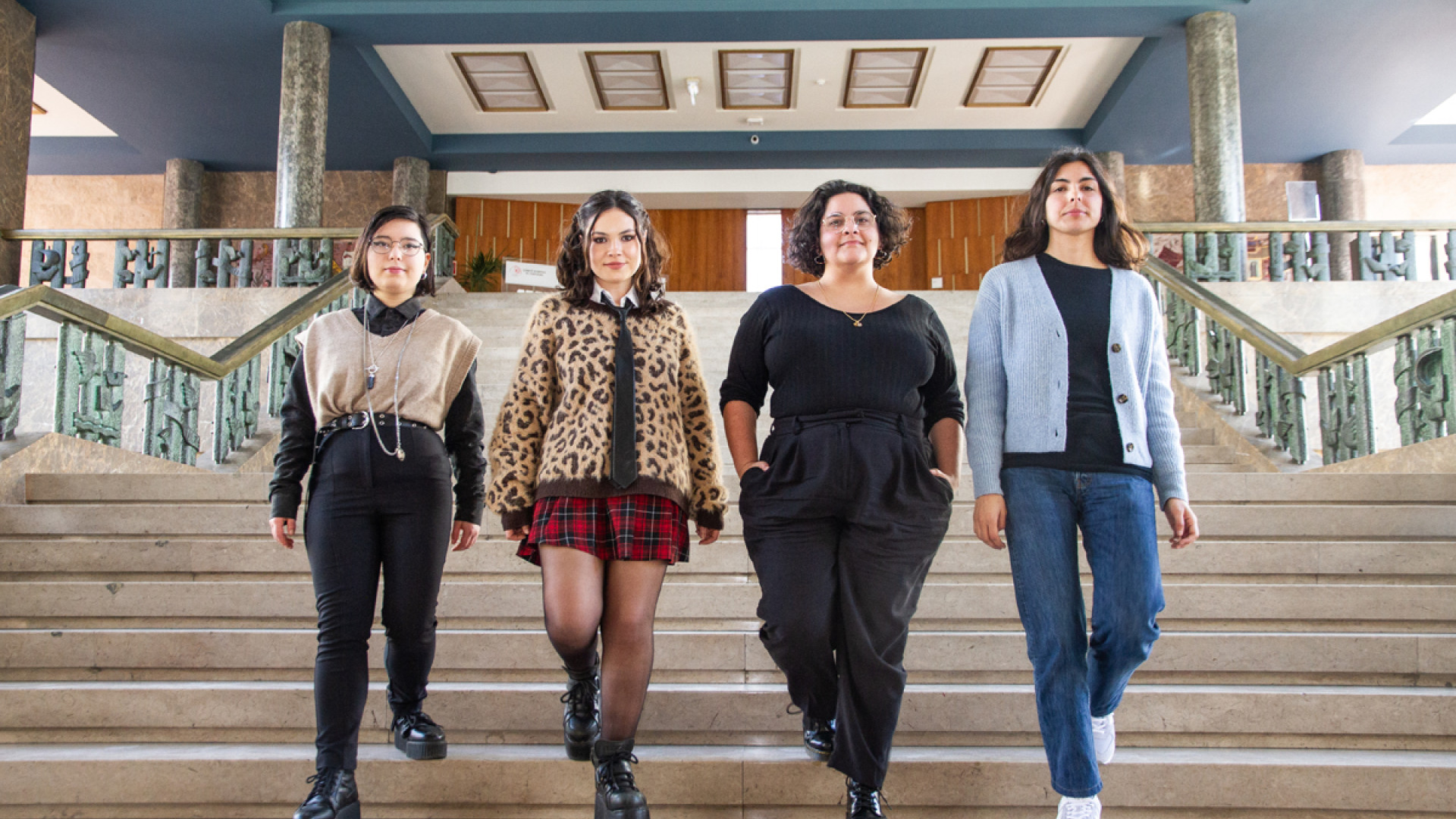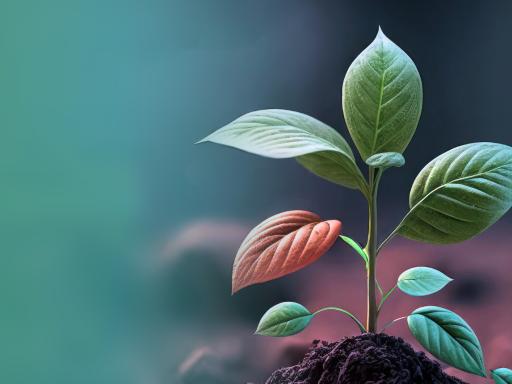Four students take the stage of the Auditorium of “Cantina Velha” (Dining hall), on the International Women's Day , to celebrate this date with the work of four American female poets: Elizabeth Bishop, Sylvia Plath, Adrienne Rich and Joy Harjo.
International Women's Day: "Let us celebrate what has already been achieved and demand what is yet to be done"

Lúcia Sousa, Mariana Belo, Mariana Paiva and Mariana Ribeiro explain their choice of poems for this event "4 American Woman Poets", and also the importance of celebrating this date nowadays.
In what way did the poet you chose contribute to challenge the representation of women in our society?
Lúcia Sousa (L.S.): In a way very similar to poetry itself, Elizabeth Bishop challenges not only paradigms dominated by male figures, but also the outlook of poetry written by women about women. In her eyes, women are not subordinate, nor are they condemned to be.
What is your interpretation of the poem you chose and its impact on a global level?
Mariana Belo (M.B.): “A Woman Dead in Her Forties” by Adrienne Rich is a poem with a very marked narrative aspect, about a complex and long-standing relationship between two women, one of whom died of breast cancer. The focus of the poem is on all the space that remained between them, the feelings that remained unconsummated (“I would have touched my fingers to where your breasts had been/ but we never did such things”) and the silences impossible to fill (“We never spoke at your deathbed of your death”). Rich explores the tension between what was obvious, natural, inevitable, but which, due to social and private customs, was lost in a gap between the two women. The intimate and particular nature of this poem is also what makes it universal – the complexity of relationships, not only in what is shared, but also, and perhaps above all, in what remains hidden in the shadows, in the fear and distance that we cultivate; the intimacy we forego because the vulnerability of having an emotional connection paralyzes and silences us.
 Lúcia Sousa
Lúcia Sousa
How does the poet you chose inspire you?
Mariana Paiva (M.P.): It is important to keep in mind that Sylvia Plath writes at a time when the main role of women in Western society was that of wife and mother. This was in the middle of the 20th century, in an America culturally marked by the "Cult of Domesticity", where the ideals of the 'perfect woman/housewife' were in force. In her work, Sylvia Plath highlights the gender roles imposed on women, something innovative and necessary at that time and that is still relevant today. The work represents a duality between wanting to be a good mother and woman and the desire to escape the reality imposed on the feminine. This need to escape is played out intimately and ineffably, Plath's internal struggle becomes the struggle of all of us, women, face in our lifes.
What are the reasons behind choosing this poet and the poem that you are going to recite?
Mariana Ribeiro (M.R.): To be honest, I was not familiar with Joy Harjo before joining this project. I immersed myself in her work thanks to professor Bernardo’s recommendation, to whom I am very grateful. I read some texts from her work She Had Some Horses and I was hooked on her last poem, “I Give You Back”, because it was the one that gave me the greatest emotional reaction after the first reading. It was also the one with which I related to more on a personal level for portraying a woman who finally emancipates herself from her oppressive “twin” – fear.
 Mariana Ribeiro
Mariana Ribeiro
What is it like for you to be a woman?
(M.R.): I think of “being a woman” as a way of being and feeling, a worldview, and I see femininity as a powerful energy that encourages and gives wings to my creativity and self-expression, as well as the invisible chain that unites me with other feminine people and that, somehow, connects us all.
Do you believe that, more and more, we are moving towards gender equality?
(L.S.): I think it was never a linear struggle. Despite there being a greater awareness of this inequality, the obstacles that arise, as well as the solutions they require, are taking on new forms to which feminism must adapt itself to. Above all, it is important to encourage critical and flexible thinking, appropriate to the different experiences of each woman.
 Mariana Belo
Mariana Belo
In your opinion, do women still face challenges regarding gender equality?
(M.P): The path towards gender equality is still long, particularly when we put it alongside issues of race, class and sexuality. Gender equality is far from being a reality. The challenges remain constant and the struggle for these rights is as necessary and relevant as it was 150 years ago. You just need to look at what happened in the United States, with the overturn of Roe v. Wade in some states of the country, to understand that the female body continues to be the target of political decisions and that women's rights are volatile. In Europe, the wage gap is still 13% and women still carry a large share of housework and family care. All over the world, girls and women experience difficulties in accessing sanitary products on a daily basis and suffer discrimination for menstruating, for being women and mothers. All of these are factors with a great impact on the quality of life of women around the world and indicators that we are still far from achieving gender equality.
 Mariana Paiva
Mariana Paiva
Do you think celebrating this date still makes sense?
(M.B.): I would like to look at this day as a symbol of conquered equality and past struggle, but I think we are still miles away from that goal. I could list a bunch of depressing examples like salary issues, or domestic violence statistics, but what frustrates me is that little of this information would be news to anyone reading this, and yet here we are still trying to make the world see women as human beings deserving of rights and equality. It frustrates me that the need for an International Women's Day is questioned with the argument that there is no International Men's Day. It frustrates me that, around the world, we are seeing obvious setbacks from what had already been achieved years ago.
If our idea of an International Women's Day comes down to offering flowers, then maybe it doesn't make much sense. But if it's a day to put your finger on the problem and to remember that there's still a lot of work to be done, in Portugal, and around the world, to emancipate and empower all kinds of women, then yes, it makes perfect sense - let us celebrate what has already been achieved and demand what is yet to be done.
Fotos: Duarte Pinheiro
ULISBOA NEWS
Para que esteja sempre a par das atividades da ULisboa, nós levamos as notícias mais relevantes até ao seu email. Subscreva!





